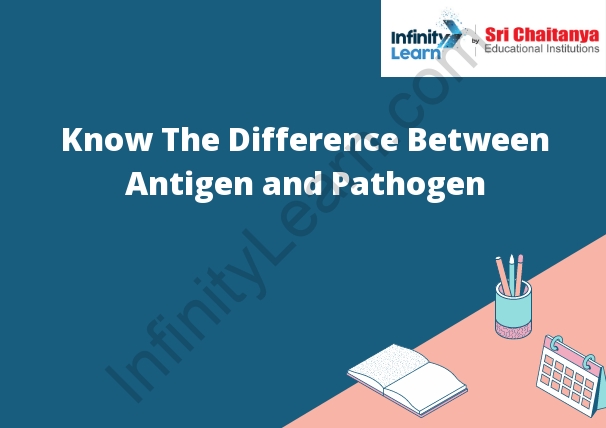Table of Contents
An antigen is a molecule that is capable of stimulating an immune response in the body. Antigens can be found on the surface of cells, or they can be secreted by cells. Pathogens are microorganisms that can cause disease in humans. Pathogens can be bacteria, viruses, or parasites. Know The Difference Between Antigen and Pathogen.
Difference Between Antigen And Pathogen:
Pathogens are agents that cause disease, such as bacteria, viruses, and parasites. Pathogens can be distinguished from other agents, such as toxins, that also cause disease, by the fact that they can invade and multiply within cells. Pathogens can cause a variety of diseases, including infections, cancers, and autoimmune diseases.
Antigens are molecules that are recognized by the immune system as being foreign. The immune system produces antibodies against antigens as a way of defending the body against infection. Antigens can be found on the surface of pathogens, as well as on the surface of cells in the body.

Types of Antigen
- There are a variety of ways to classify antigens. One way is by their source: endogenous or exogenous. Endogenous antigens are produced by the body, while exogenous antigens are from outside sources.
- Another way to classify antigens is by their structure: peptide or polysaccharide. Peptide antigens are composed of amino acids, while polysaccharide antigens are composed of sugar molecules.
- Finally, antigens can be classified by their function: somatic or humoral. Somatic antigens are found on the body’s surface, while humoral antigens are found in the blood and other body fluids.
Based on the Immune Response:
When a person is infected with a virus, their immune system will produce antibodies to fight the infection. The antibodies will attach to the virus, which will help to destroy it. The immune system will also produce T-cells, which will help to fight the infection.
What Are Pathogens?
Pathogens are agents that cause disease. They can be bacteria, viruses, or parasites. Pathogens can be spread through contact with infected people, animals, or objects, or through the air.
Pathogen Types
There are many different types of pathogens that can cause infections in humans. Some of the most common include bacteria, viruses, and fungi. Each of these pathogens can cause a variety of different illnesses, depending on the type and severity of the infection. Bacteria can cause a wide range of infections, from minor skin infections to life-threatening diseases such as meningitis. Viruses can cause a wide variety of illnesses, from the common cold to more serious diseases such as AIDS. Fungi can cause a variety of infections, including skin infections, lung infections, and even meningitis.






